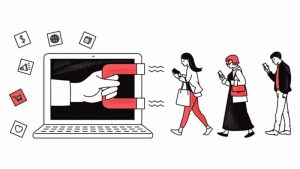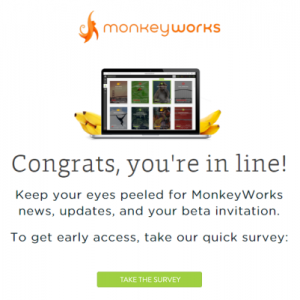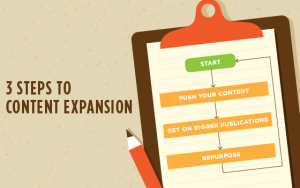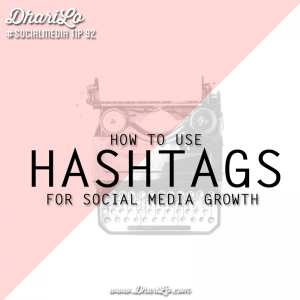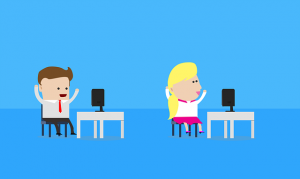Lately, it feels like the word on everyone’s mind is “layoffs.” The wave of tech and finance companies joining the 6% club has big implications for markets, industries, and the economy at large. But layoffs also have an important emotional dimension—one that often gets lost in the discourse.
Ofer Sharone, a sociologist at UMass Amherst, is one of the leading experts on the social, cultural, and psychological aspects of unemployment. Research he conducted after the dot-com bubble burst found that people who blamed themselves for their layoff had a much harder time mentally and emotionally versus people who blamed the system for the loss of their job.
American white-collar workers, Sharone found, understand that layoffs are structural but think about the process of getting rehired in very individualistic terms. We tend to lose sight of the institutional, cultural, and economic forces that shape our employment status.
So, when the perfect new job doesn’t materialize instantly, we decide we have only ourselves to blame. That sense of self-blame then impacts our relationships, our confidence, and our ability to perform the emotional labor that a successful job search requires.
“Of course someone unemployed is going to have a difficult emotional time. It’s unavoidable,” says Sharone. “Unemployment creates negative feelings, and then the negative feelings make it harder to get out of unemployment.”
It doesn’t have to be this way. Sharone has also researched the white-collar unemployment experience in Israel. He found, across cultures, workers had very different social and emotional reactions to getting laid off.
In America, “it’s a deeply held core assumption that your position reflects your merit,” says Sharone. This cultural myth runs deep. Even if we explicitly understand the inequalities and biases that often determine someone’s employment status, the link between work and worth is so ingrained into our social fabric, it’s hard to quiet that subconscious judgment.
Of course, the pandemic disrupted almost every cultural norm associated with work. Unemployment became just another symptom of a problem that was far outside any one person’s control, and Sharone’s research found that the stigma attached to joblessness waned significantly at the beginning of the pandemic. But those changes didn’t last: When employment rates plummeted in late 2021, our prejudices came roaring back.
What’s more, whereas Israeli companies treat job applications like standardized tests, the American hiring process looks a lot more like a first date, according to Sharone. Employers tend to overvalue intangible qualities like fit and personality, so applicants, in turn, invest a lot of emotional labor in trying to come off as likable. It’s hard, at the end of the interview, not to take a “no” personally.
So, how can people affected by the tsunami of recent layoffs stay afloat? On an individual level, the answer is simple: Don’t try to go it alone, says Sharone.
He’s a firm advocate for professional support groups that don’t just talk about networking tips, but openly acknowledge the emotional toll of the job search process. “[These support groups] are lifelines,” he says. “They are so crucial to cope with an emotionally extremely challenging period.”
When the onset of the pandemic caused a rash of layoffs, Fana Yohannes, a communications lead at Meta, saw that her peers lacked the support system they needed at this uncertain juncture. She launched an Instagram-based organization called Here2Help, aimed at connecting recently unemployed tech workers with mentors who helped them recalibrate their careers.
Here2Help started back up at the end of 2022, to meet the needs of another layoff surge. Yohannes often finds herself advising mentees not to rush too quickly into the job search process.

“It’s okay to mourn; it’s okay to process the fact that you just went through a huge life-altering event,” she says. “People are very quick to move to get back on their feet, but sometimes I think that can create a level of burnout because you’re kind of moving with a sense of uncertainty.”
Besides finding community in the instability, there are plenty of other strategies to help with the care for your mental well-being and steer you away from the pitfalls of self-blame. Phoebe Gavin, a leadership coach, recently wrote for Fast Company about a journaling technique that helped her manage her anxiety after getting laid off.
But these individual solutions are only one layer. As the economy weathers another big storm, Sharone thinks we need to overhaul our cultural attitudes toward unemployment. “That basic myth that your position reflects your merit needs to be publicly questioned,” he says.
(8)



